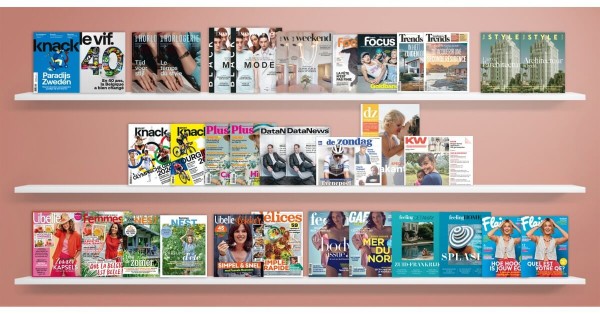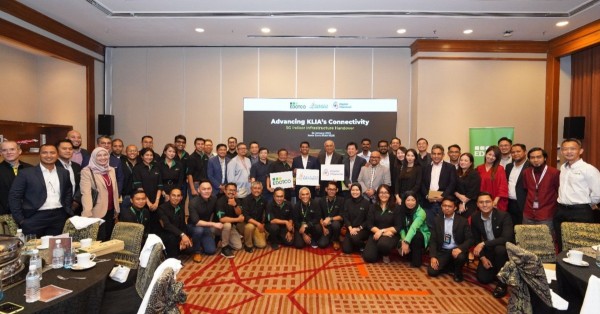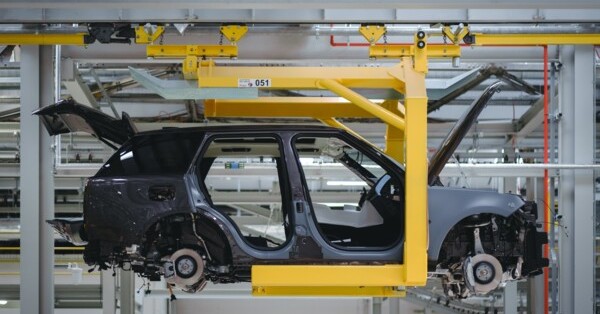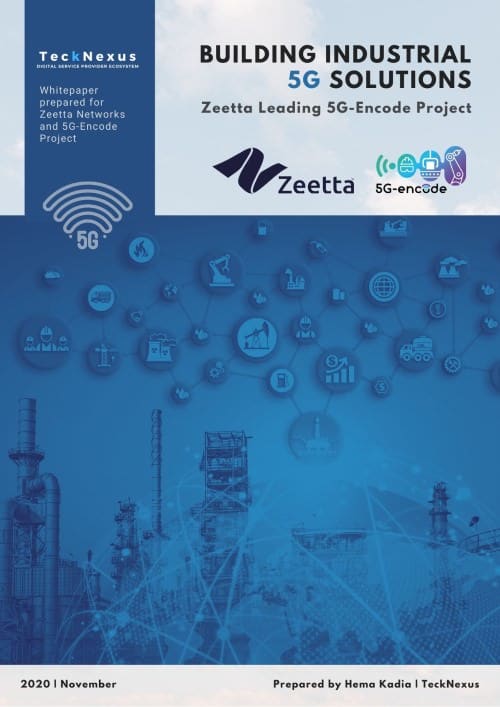Nokia, a global leader in telecommunications innovation, has achieved a significant milestone by declaring 7,000 patent families essential to 5G technology. This achievement underscores Nokia’s pivotal role in shaping the future of connectivity and highlights the company’s ongoing dedication to research and development.
Pioneering Innovation in 5G
The patents encompass critical technologies in 5G radio protocol design, security, and interface innovations, which form the backbone of modern cellular networks. These advancements enable seamless communication between smartphones, connected vehicles, IoT devices, and other smart technologies, ensuring reliable and secure interaction with 5G networks.
Patrik Hammarén, Acting President of Nokia Technologies, praised the company’s efforts, stating, “Nokia’s substantial investment in cellular R&D and standardization continues to pay off. We have now reached the landmark of 7,000 high-quality patent families declared as essential to the 5G standard. Our active pre-standardization work positions us as leaders in the forthcoming 6G standardization efforts.”
A Robust Patent Portfolio
Nokia’s commitment to innovation is evident in its extensive patent portfolio, which boasts over 20,000 patent families. Each family contains multiple individual patents, collectively serving as foundational technologies for industries such as mobile devices, consumer electronics, connected vehicles, IoT solutions, and video streaming. Notably, more than 250 companies globally have secured licenses to use Nokia’s patented technologies, underscoring their importance to the broader ecosystem.
This achievement reflects the company’s €150 billion investment in R&D and standardization since 2000. Nokia’s approach to intellectual property emphasizes openness, as it contributes inventions to global standards in exchange for licensing rights on fair, reasonable, and non-discriminatory (FRAND) terms. This strategy fosters widespread innovation by enabling other companies to leverage these technologies without incurring the cost of independent development.
Looking Ahead: From 5G to 6G
Nokia’s achievement comes at a pivotal time as the industry begins its journey toward 6G standardization. The company’s active involvement in pre-standardization efforts for 6G ensures its continued leadership in shaping the next generation of cellular technology. Hammarén expressed gratitude to Nokia’s inventors and patenting professionals for their role in maintaining the company’s technological edge and driving innovation.
Building the Future of Connectivity
Nokia’s patented technologies are essential building blocks for diverse applications, from enabling seamless communication in connected cars to supporting high-quality video streaming. As industries increasingly rely on 5G to power advanced applications, Nokia’s contributions provide the foundation for transformative solutions that will shape the digital world.
Through its leadership in cellular technology and its focus on fostering global collaboration, Nokia is poised to remain a driving force in connectivity innovation, paving the way for the 6G era and beyond.






















